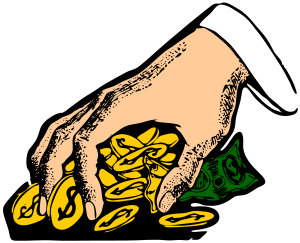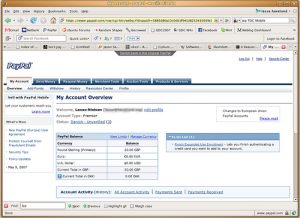Nearly six in 10 American adults currently have a savings account below $1,000, while almost 40 percent have no savings at all. Not sure how to save money? Here are a few suitable personal finance practices that should help you save more.
1. Prepare a Budget and Follow it with Commitment
Budgeting continues to be the most tried and tested method of efficient money management. However, most Americans either do not prepare a budget for personal finances or are not diligent about following it.
A budget will help you keep a tab on where your money goes every month. To create a budget, you can simply list your normal monthly expenditures and provide separately for one-time payouts (like an annual insurance premium), and track and compare what you spend versus what you earn.
2. Choose an Automated Savings Plan
It’s easier to save money if it’s more difficult for you to spend it. A proven way for people who often struggle to save money, is to establish an automated savings plan.
This will restrict access to your own money, because some amount will directly go from your monthly income into your bank or your employer’s 401(k). You can get rid of your habit of compulsive spending by creating this system of compulsive saving.
3. Impose the 24-Hour Rule to Curb Your Shopping Urge
Monthly saving plans can be most easily disrupted when you give in to the urge to shop – don’t act like Cher in Clueless! A majority of Americans do some kind of impulsive shopping once in a while, and some end up spending as much as $1,000 or more merely on a whim. Not so smart!
You can impose the time-tested 24-Hour Rule for non-essential or irregular purchases in order to become a more disciplined shopper. The rule encourages you to sleep over the idea to buy for 24 hours, and there is a strong chance you might change your mind about purchasing that product, which you probably did not need anyway.
4. Pay Your Bills on Time
An ideal personal finance practice is to pay all your monthly bills on time. The goal is not just to save on potential late fees, or build a healthy credit over time.
For a high spender, the bigger benefit is that prompt bill payments prioritize monthly cash usage. If you sit on idle cash while procrastinating on bill payments, it will increase your risk of using that money on lower priority consumption.
You could choose an auto pay option for all your bills by linking them with your bank account. This will save time and enable you to be more judicious with your monthly spending.
5. Consider Paying the Taxes on Your Own
Paying the taxes, particularly as an individual, is certainly not too complex. You might need to hire a professional tax accountant for filing only if you receive income from multiple sources, have various deductions to claim, or have some special tasks to be done (such as writing off a part of your home).
However, most of the time, an average taxpayer may not have such elaborate tax filing needs. You could install some basic tax prep software to file your own taxes quickly. This would save you a considerable amount that you might have otherwise paid to a tax professional.
Do you have any tips for saving money? Share with us in the comments below!



